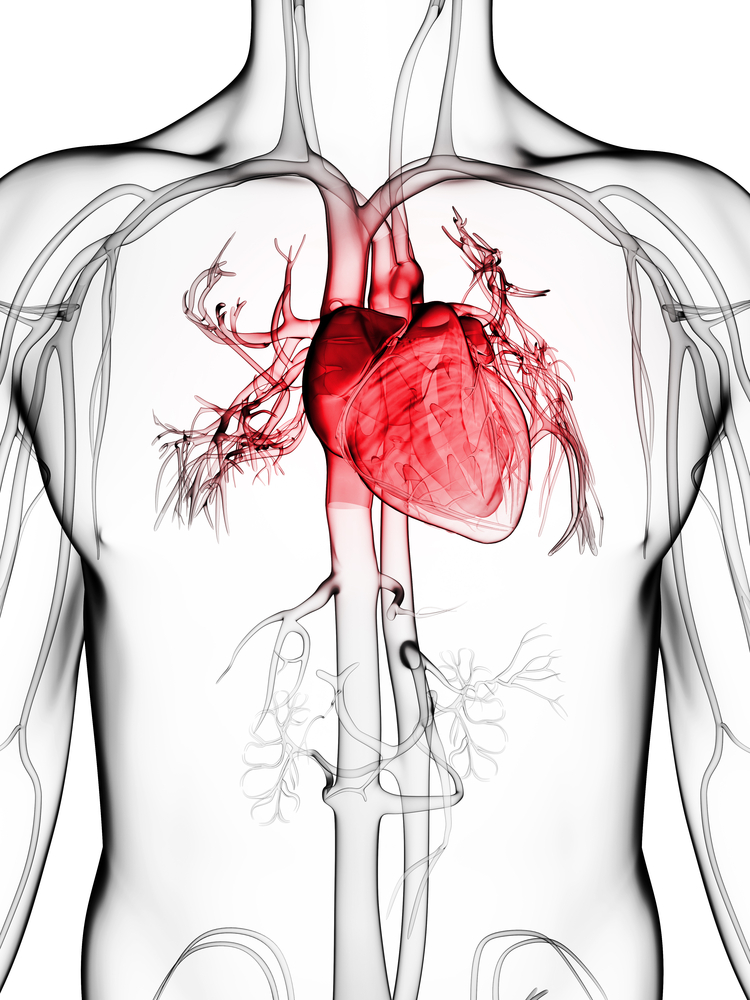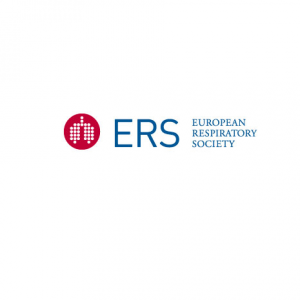ERS Pulmonary Hypertension Research Still Open to Applicants

 The ERS Pulmonary Hypertension Research Award will grant €40,000 to a pair of carefully selected scientists currently pursuing active research projects in the field of pulmonary hypertension, with regard to its pathophysiology, basic science, epidemiology, clinical practice, prevention, treatment, diagnosis or rehabilitation. The awards are reserved exclusively for candidates younger than 45 years old at the time of the application deadline. There are no geographical restrictions for the applicants.
The ERS Pulmonary Hypertension Research Award will grant €40,000 to a pair of carefully selected scientists currently pursuing active research projects in the field of pulmonary hypertension, with regard to its pathophysiology, basic science, epidemiology, clinical practice, prevention, treatment, diagnosis or rehabilitation. The awards are reserved exclusively for candidates younger than 45 years old at the time of the application deadline. There are no geographical restrictions for the applicants.
Further, the recipients should never have received an ERS Award before, nor any ERS Grant in the last 3 years. The candidates that will win the grants will be selected by the ERS Science Council, and the respective awards will be announced and presented at the upcoming 2015 ERS International Congress in Amsterdam on September 26-30. The Award’s applications are evaluated and judged based on their scientific merit, independently of the sponsor.
[adrotate group=”4″]
The full guidelines for the PH research award are available here.
The nomination/application form to be completed is available here.
The completed form can be submitted to the ERS Office until 28 February 2015.
The ERS is a leading European professional organization comprised of more than 10,000 members in over 100 countries. It is focused on covering basic science and clinical medicine. Its goal is to improve the lives of patients living with debilitating, chronic respiratory diseases, and to promote lung health by funding research projects, sharing knowledge and providing opportunities for public and professional medical education.
[adrotate group=”3″]
The ERS Leadership has a Council and an Executive Committee led by a President and a number of committed and permanent members.
In other developments in pulmonary hypertension, a recent systematic review conducted by a research team from the University of Toronto in Canada sought to present the current state of agreement regarding the appropriate physical examination necessary for diagnosis of pulmonary hypertension (PH). The researchers identified that the most common symptom related to PH was the loud pulmonic constituent of the second heart sound (P2). Based on these results, lead author, John Granton and colleagues concluded the physical signs more associated with the manifestation of PH are a clear P2 or perceptible right-sided 4th heart sound.







